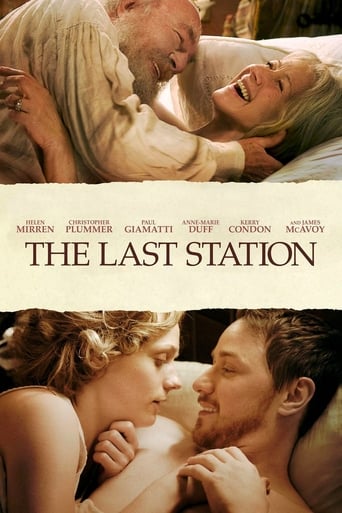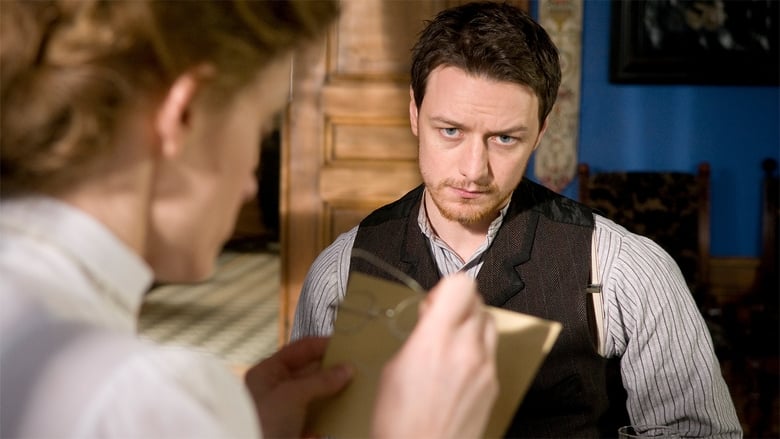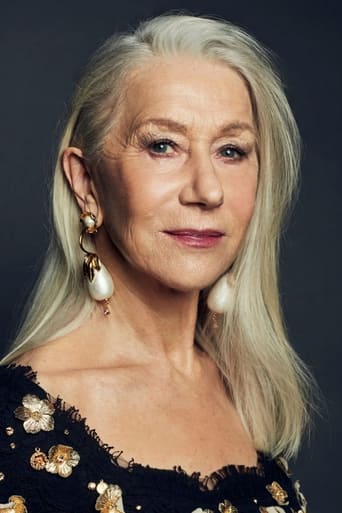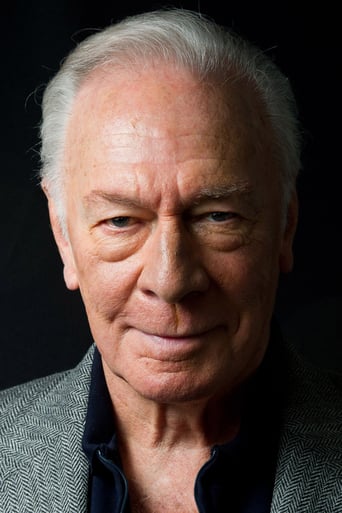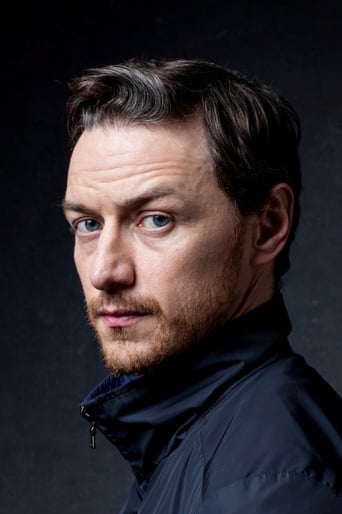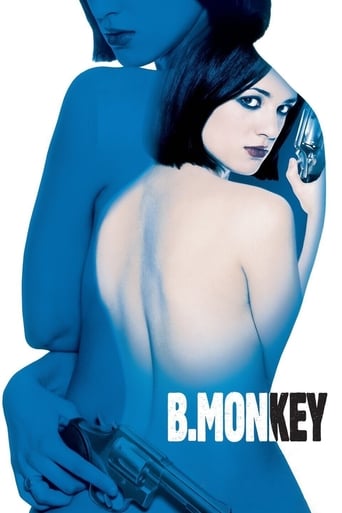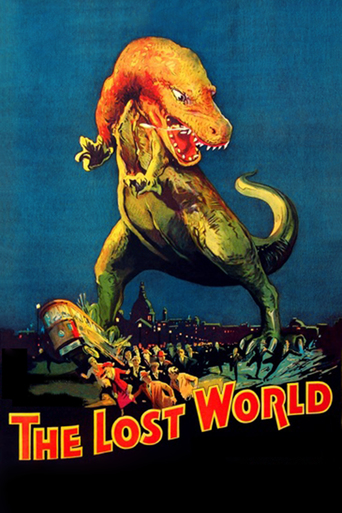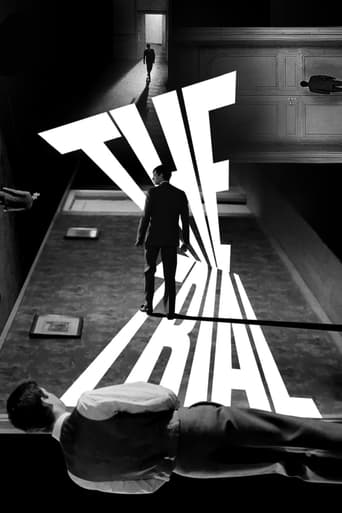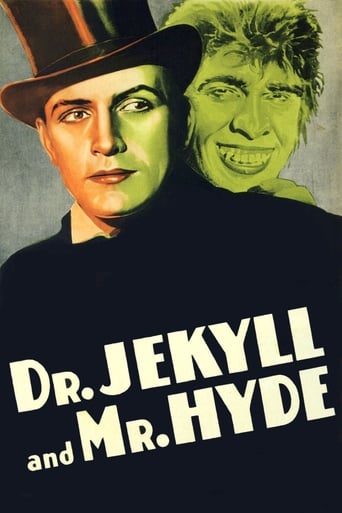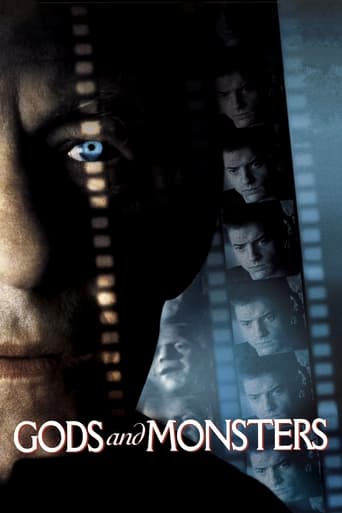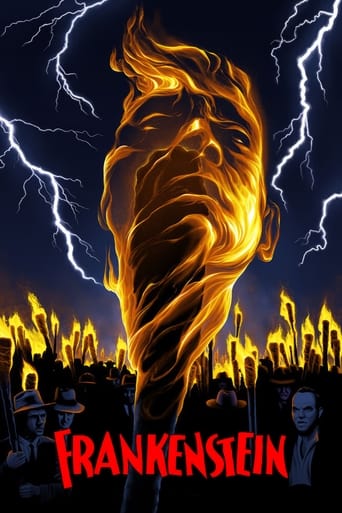The Last Station (2009)
A historical drama that illustrates Russian author Leo Tolstoy's struggle to balance fame and wealth with his commitment to a life devoid of material things. The Countess Sofya, wife and muse to Leo Tolstoy, uses every trick of seduction on her husband's loyal disciple, whom she believes was the person responsible for Tolstoy signing a new will that leaves his work and property to the Russian people.
Watch Trailer
Cast


Similar titles
Reviews
I didn't know anything about what this movie was about, only one or two of its stars, and I knew the critics gave it slightly low ratings, but I was prepared to give it a chance, directed by Michael Hoffman (One Fine Day). Basically set in the year 1910, the last year in the life famous Russian author Leo Tolstoy (Christopher Plummer), regarded as one of the greatest writers of all time. Tolstoy was thought of as a saint or a prophet, with many followers known as "disciples", his most famous works are probably War and Peace, and Anna Karenina. The story sees Tolstoy's disciples, led by Vladimir Chertkov (Paul Giamatti), trying to get control of his legacy and the copyright of his works, after he dies, from his wife Sofya (Dame Helen Mirren). The main setting is Tolstoy's country estate of Yasnaya Polyana, Tolstoy and his wife have had a long, passionate marriage, she mothered his fifteen children, but they are at odds with her more aristocratic and conventionally religious views. The manoeuvring of the copyrights is seen through the eyes of Tolstoy's new secretary, Valentin Bulgakov (James McAvoy), who is inbetween both sides, he also has a love affair with Masha (Kerry Condon), one of the Tolstoians. Ultimately, Tolstoy signs the new will and travels to an undisclosed location (the last station of the title), to continue his work undisturbed, after his departure, Sofya unsuccessfully attempts to commit suicide, trying to drown herself in the lake. During his journey, Tolstoy falls ill, it ends with his near death at the Astapovo train station, daughter Sasha (Anne-Marie Duff) allows her to see him moments before his death, it is revealed that five years later the Russian senate reverted the copyrights of Tolstoy's work to Sofya. Also starring John Sessions as Dushan, Patrick Kennedy as Sergeyenko and Tomas Spencer as Andrey. Plummer looks the part with the big white hair and beard, Mirren is interesting as his wife, it was perhaps a mistake to have McAvoy be more focused on rather than the sparks flying between Plummer and Mirren, the story lacked flair, but there were a few interesting moments, overall it was a slightly below average period biographical drama. Okay!
If I shut my eyes for a bit and just listen to Christopher Plummer and Helen Mirren for a bit I might think I've got The Lion In Winter on. The two certainly sound a lot like that other estranged couple Henry II and Eleanor of Aquitaine. Both couples apparently can't live with each other or without each other.It's the famous Russian author's last days and everybody knows it including Plummer. He and Mirren brought a lot of kids into the world most of whom lived to adulthood. He's got a traditional will with the first son prime, but provisions for all. That's what Mirren wants, their descendants to benefit for as long as possible like any other author. But those around Tolstoy who have subscribed to his ideas about universal non-violent revolution want his work into the public domain so that those who can read can profit thereby and his ideas spread to all. A grand scheme that will leave the Tolstoy family bereft of profit.That's what James McAvoy is there for. Installed in the household by Paul Giammati chief disciple of the Count he starts having ideas of his own and starts seeing the Countess's point of view.Watching this I wonder if a young Tolstoy ever met an old Charles Dickens? Those two had diametrically opposed views as to what an author should receive. Dickens kept a careful eye on his copyrights lest anyone take a shilling from him. Irving Berlin who lived to 101 was actually dismayed as more and more of his early song hits entered public domain and he could no longer make a nickel on work like Alexander's Ragtime Band, When I Lost You and a few others.Plummer and Mirren are as matched a set of adversaries as Peter O'Toole and Katharine Hepburn were and they got Oscar nominations to prove it. The film is mostly the two of them, but are they worth it.
On paper, The Last Station (2009) seems like the perfect movie for the older, fussier set to enjoy. It features the amiable talents of former Von Trapp patriarch Christopher Plummer and The Queen (2006) herself Dame Helen Mirren, in a true to life story about the last days of Leo Tolstoy. To further bolster Last Station's Oscar-bait pedigree, it costars Paul Giamatti as Tolstoy-ian neophyte Vladimir Chertkov and also features Professor X himself James McAvoy playing the audience's perspective a likely composite of multiple people. If only things translated well from paper to celluloid. For like many period pieces, The Last Station suffers from being a beautiful canvas with no moving parts.Leo Tolstoy (Christopher Plummer) has been widely considered one of the best authors in the world, certainly among the best of the 19th century. By the time the movie begins, he had already written War and Peace, Anna Karenina, The Death of Ivan Ilyich and founded a utopian communal tenant farm in his boyhood home of Yasnaya Polyana. The leader of a new quasi-religious movement, Tolstoy's most outspoken critic is not Tsar Nicholas but his wife Sofya (Helen Mirren) who is upset by plans to give away their fortune and the copyrights of his novels to "the people".As alluded to earlier, the plot is largely taken from the point of view of James McAvoy's character; a Tolstoy-ian with enormous respect for the aging author, scholar and theologian. His sympathies ping-pong between Tolstoy and his wife who still loves him but cannot get over the ideals he propagates but struggles to live up to. He struggles to see her perspective while she fails to take into account the changing times and a radicalized serf class that loathes nobility. It's all very complex emotionally, politically and philosophically.At least it likely was in real life. In the film however, all the characters, subplots and attempts to frame things in a larger context are color coded and ranked for your convenience. Instead of giving his audience the benefit of free thought director Michael Hoffman insults the intelligence of his audience by making good characters speak in profound statements while villains dwell in cynicism and pomposity. The music swells when it should and our McAvatar wonders down hallways and fields where only narrow perspective can be applied. In The Last Station, it's impossible to truly sympathize or form an independent mindset of any character because all is seen through a non-objective perspective.Now I'm not saying narrowly tailored movies are intrinsically bad. Most don't come from a place of omnipotence but enjoy subjectivity through the mind of a specific character, in this case Valentin. But his character arc is so bland as to make everything around it seem pedestrian. Patton (1970) and Malcolm X (1992) were biased in their treatment of the WWII era and the Civil Rights Movement respectively; yet the trials and tribulations of the central characters made for good drama. The fact that both films had strong social and political perspectives was almost beside the point.The story of Tolstoy and Sofya is a tale worth telling and has been told before in films like Lev Tolstoy (1985) and Departure of a Grand Old Man (1912). Yet the movie isn't told from either person's perspective yet places itself clearly in Sofya's camp. As a result, the film has layers of Hallmark Channel sentimentality. As Sofya's plight becomes more immediate, the film devolves into a movie about a woman fighting for her rights in a divorce before divorce was a thing.The Last Station was nominated for two Academy Awards: Best Actress for Helen Mirren and Best Supporting Actor for Christopher Plummer. In both cases their considerable talents were overshadowed by other admittedly better performances; Sandra Bullock in The Blind Side (2010) and Christoph Waltz in Inglourious Basterds (2010). I say considerable because their performances alone made The Last Station slightly more than a mediocre historical biography. Yet despite this, The Last Station will ultimately be remembered for giving Christopher Plummer his first Oscar nomination in a 54-year screen acting career. He would go on to become the oldest winner of a competitive Oscar only two years later for Beginners (2012). So I guess in his case this Oscar-bait flick helped him out.http://www.theyservepopcorninhell.blogspot.com/
Rather than present at least a GLIMPSE of Tolstoy's brilliance, Christopher Plummer depicts him as a one-dimensional, gruff, lovable old coot. He hardly has any lines throughout the movie, and the other characters are equally devoid of any depth. Helen Mirren's character is supposed to be self-centered and calculating, but even she breaks down into saccharine lightness at the end. The entire film is a descent into maudlin, pretentious sentimentality, and is only atmospheric, not substantive. Instead of being an accurate portrayal of early 1900's Russia, we are given "Russia-lite." We don't have a clue about Tolstoy's inner thoughts and motivations, because we see only an affable geezer. This was a squandered opportunity to reveal the mind of a complicated, social visionary. The director chose cute over interesting.

